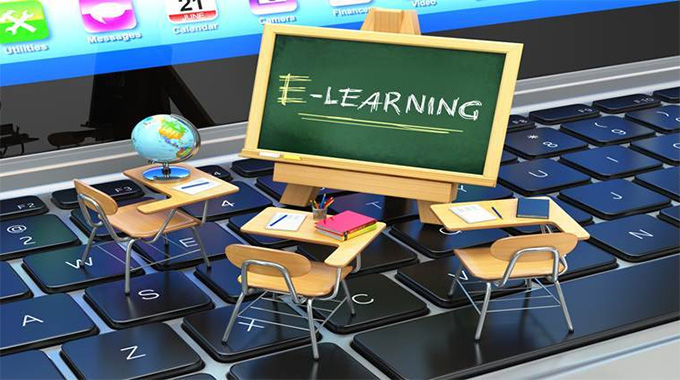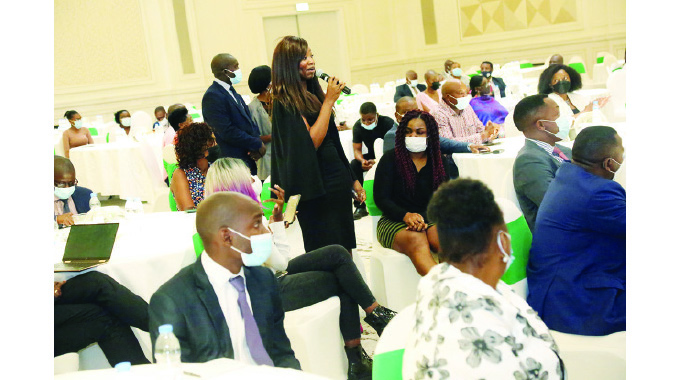E-learning process vital for girls with disabilities

Ivan Zhakata-Herald Correspondent
The education sector’s digital learning system can empower girls with disabilities and open more opportunities for them, women educationalists said yesterday.
Speaking at a symposium held in Chitungwiza during the celebration of the International Day of the Girl Child, which is held annually in October 11, Forum for African Women Educationists Zimbabwe Chapter (FAWEZI) programmes officer Mrs Rujeko Chibaya said the education’s e-learning process was vital for empowerment of girls with disabilities.
Themed “Digital generation. Our generation” the International Day of the Girl Child acknowledges the importance, power and potential of adolescent girls by changing the unstable and difficult context of the Covid-19 pandemic.
Mrs Chibaya said the theme acknowledges that Covid-19 has had an impact on all aspects of life including the education sector where most of the learning moved digital.

Forum for African Women Educationists Zimbabwe Chapter (FAWEZI) programmes officer Mrs Rujeko Chibaya
She said the only way to empower girls with disabilities in schools was to include them in every school activity.
“We are making sure that in the clubs we formed in schools, seven percent are persons with disabilities. We are making sure that empowering the girl child is inclusive and we are motivating the learners with disabilities because there are so many challenges that they are facing.
“We try to make sure that they are included in the e-learning and the adaptation of materials they are using to make sure that they benefit in whatever activities that we are having. We should leave no one behind. We are trying to make sure that we raise awareness that no one should be left behind,” she said.
Chitungwiza district schools’ inspector Mrs Grace Mupudzi said they had an inclusive policy in education whereby no learner should be left behind despite potential physical limits. She said all children living with disabilities should be at school.
“Most of our schools have ramps now which if they are on a wheelchair can be used to access the classrooms. Concerning e-learning, the disabled children, let’s say if they do not have hands though most of them are at special schools, can try and use their legs. We are including them in the school process.
“E-learning and digital learning especially in this Covid-19 era has helped a lot of learners though some are having challenges of not having gadgets at home but we are saying they can use textbooks instead,” she said.
The symposium was held with FAWEZI in partnership with ActionAid, Family Aids Caring Trust and Leonard Cheshire Disability.







Comments